Sleep apnea is a sleep disorder that makes it difficult to breathe. In addition to a lack of oxygen, you also get a lack of quality sleep.
But what exactly does this mean for you? Continue reading to find out.
RELATED: Best Stress Relief Tools To Get A Better Sleep
Sleep Apnea and Your Health

What Is Sleep Apnea?
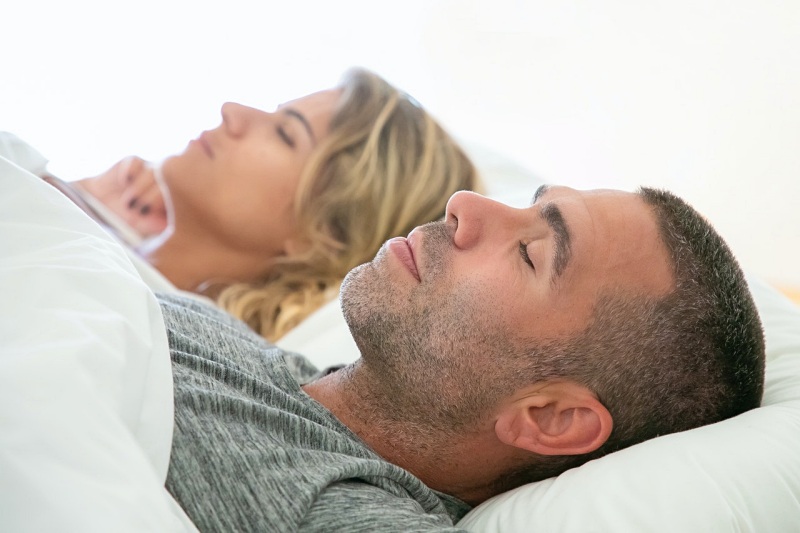
Sleep apnea (SA) is a sleep disorder characterized by interrupted breathing.
People with SA cease breathing anywhere between 10-20 seconds up to 100 hours each hour. During this interval, you deprive your body of oxygen.
There are three kinds of SA:
- Obstructive sleep apnea (OSA)
- Central sleep apnea (CSA)
- Complex sleep apnea syndrome (CSAS)
OSA is the most prevalent type. It happens when the tissues at the back of your throat relaxes, therefore blocking your air passageway.
CSA happens when your brain’s breathing signals are impaired. As you sleep, your brain momentarily stops sending signals to the muscles that regulate your breathing, causing interruptions in your air supply. CSA is typically a symptom of another medical condition.
CSAS is when you experience a combination of both OSA and CSA. It’s also called treatment-emergent central sleep apnea.
How Do I Know if I Have Sleep Apnea?

Snoring does not necessarily mean that you suffer from sleep apnea. Improving your lifestyle or sleeping habits could you help you stop snoring. In some cases, just learning to sleep on your side instead of on your back solves the problem.
You can also purchase a mouth device that opens up your air passageway.
But if you suspect that there’s something more to your snoring, there are some red flags to keep an eye out for.
Symptoms of SA typically include:
- loud snoring
- a momentary pause in breathing when you sleep
- making grunting, gasping, choking sounds during sleep
- fatigue and daytime sleepiness (regardless of how many hours you slept)
You may also experience symptoms like:
- headaches in the morning
- dry throat
- insomnia
- waking up in the middle of the night
- frequent urination
- difficulty concentrating
- forgetfulness
- irritability
- anxiety
- depression
Your sleeping partner could also help you figure out if SA is a prime suspect for your snoring. Ask them if they’ve seen you stop breathing during bedtime. When you have SA, your breathing may stop between 10-20 seconds each time.
Not all SA patients snore during sleep. In some cases, patients do not snore at all but may experience other symptoms and warning signals associated with SA.
However, it’s important to note that most CSA patients snore.
So to find out whether you have SA, investigate with your sleeping partner if you experience a combination of symptoms. You might also relate to a few risk factors that increase your chance of SA.
What Causes Sleep Apnea?

Your lifestyle or natural physical attributes could lead to the development of SA.
Some risk factors that increase your chance of having SA include:
- sex (more common among men)
- age (more common among those over 50 years old)
- being overweight or obese
- smoking
- having a larger neck circumference (over 17 inches for men, over 16 inches for women)
Physical differences could also increase your likelihood of developing SA, including:
- smaller upper airway
- receding or smaller jaw
- deviated septum
- soft, long palate
- tongue at a high position
- enlarged tonsils
- enlarged adenoids
While sleep apnea is more common among older adults, it is not age-specific. A person of any age can have SA. Even young adults can suffer from sleep apnea.
RELATED: What Is The Impact Of Sleep On Your Mental Health?
How Does It Affect Sleep Quality?

SA could wake you up in the middle of the night, keeping you from getting the deep and restful sleep your body needs. It impedes your ability to breathe, so you would normally find yourself waking up in the middle of the night to catch your breath.
Healthy sleep is tantamount to a healthy mind and body. You might say that sleeping is as important as breathing and eating. And with sleep apnea, you don’t get enough of two out of three.
According to the CDC, adults should get at least seven hours of sleep each night. While you sleep, your body recovers and regenerates to make sure your body keeps functioning normally.
What makes sleep apnea a serious matter is what a lack of sleep and oxygen do to your health and body.
How Does It Affect My Health?

The dangers of SA go far beyond fatigue and drowsy driving.
When left untreated, it may lead to many health complications such as:
- daytime fatigue
- high blood pressure (hypertension)
- metabolic syndrome (raises your risk of heart attack)
- heart disease
- type 2 diabetes
- liver disease
Some studies reveal that sleep apnea could raise your blood sugar, therefore increasing your risk of developing type 2 diabetes.
If you believe that the complications and dangers of SA are dangerous, then you must also understand that prevention is critical.
Maintain a healthy weight, eat well, and avoid bad habits. Get regular exercise early in the day, then rest up at night.
How Do You Treat It?

Treating your SA boils down to treating the root cause.
Mild cases of SA could be easily resolved by adopting healthier sleeping habits and lifestyles. Changing your sleeping position or sleeping with your head elevated could also help improve airflow.
Working towards a healthier waistline and losing fat may open up narrowed airways. Updating your medication and avoiding excessive alcohol consumption could prevent your throat muscles from relaxing and closing up your airway.
A continuous positive airflow pressure (CPAP) machine is a popular first-line treatment for SA. The air pressure from the CPAP opens up your airway, giving you a steady supply of oxygen.
These machines come with masks of different sizes that could cater to different face shapes. Work with your doctor to choose one that allows you to sleep comfortably with it on at night. Some even come with masks that allow you to sleep in any position without coming off.
We spend a third of our lives asleep—that’s how important sleep is to us.
Sleep is crucial to heart health and maintaining normal body functions. Unfortunately, SA tears into your health by depriving you of life-sustaining oxygen and sleep.
When we rest, our body is allowed to repair and recuperate. And as SA also deprives you of oxygen, your stress hormone level rises, which could lead to heart disease.
Book an appointment with a sleep specialist if you relate to a number of risk factors or you feel tired even after seven hours of sleep.
Take a more proactive role in caring for your health. Visit a sleep center and consult with a sleep specialist to discuss your symptoms.
UP NEXT:










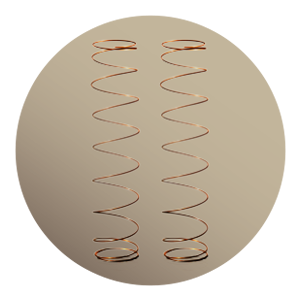
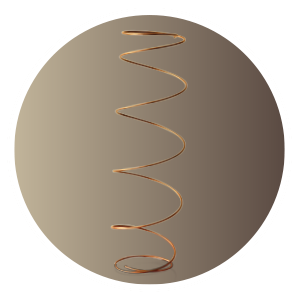
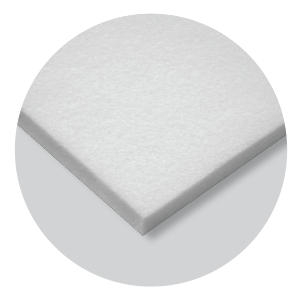
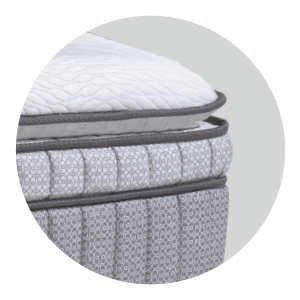
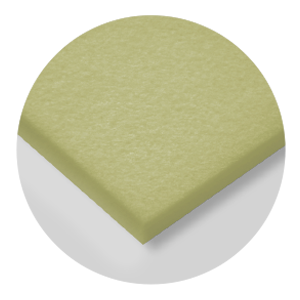
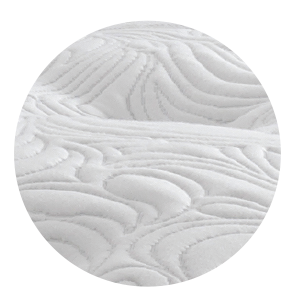
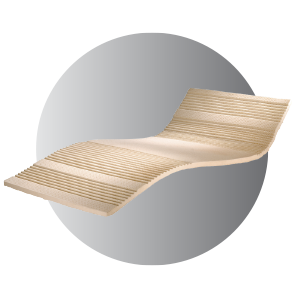
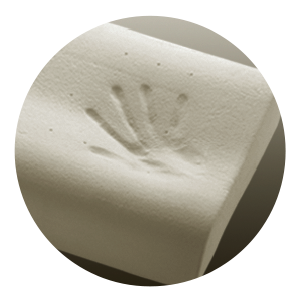
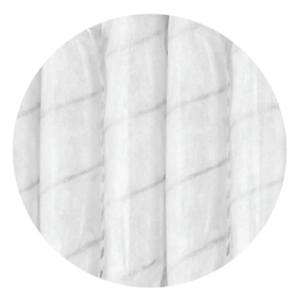
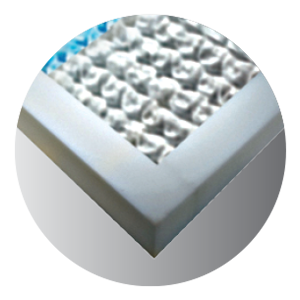
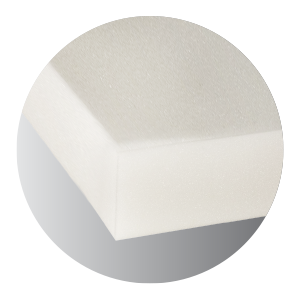


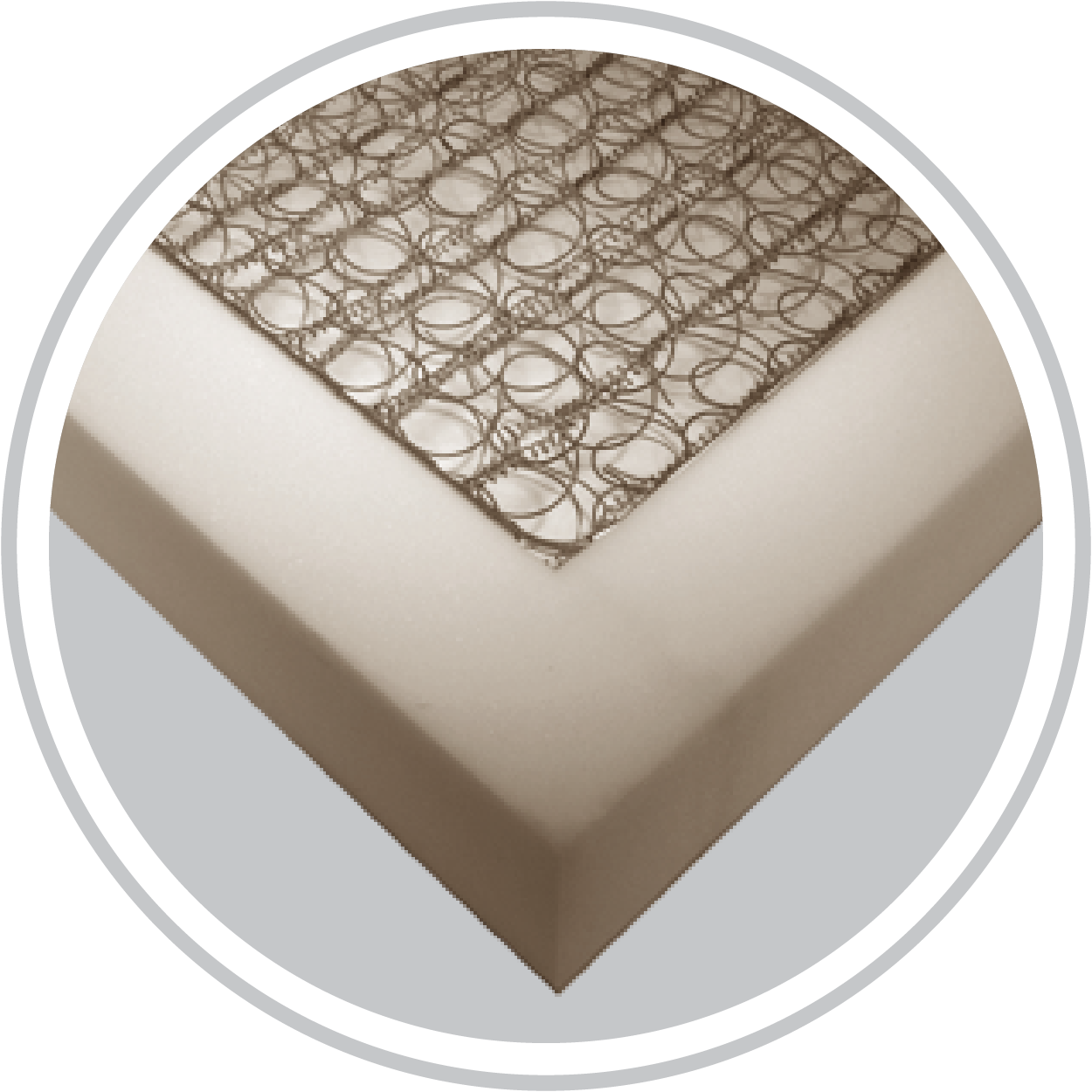
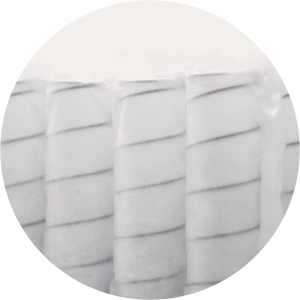
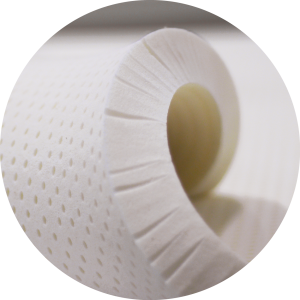


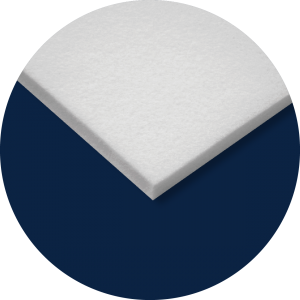

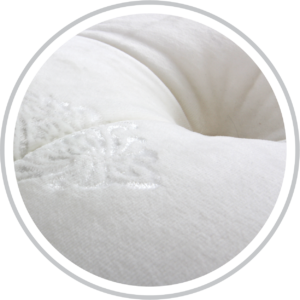
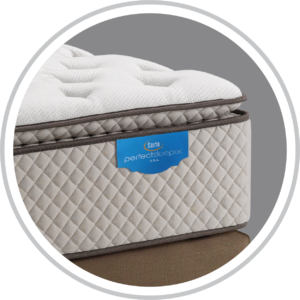
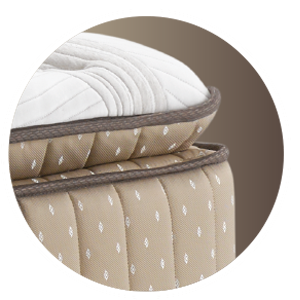
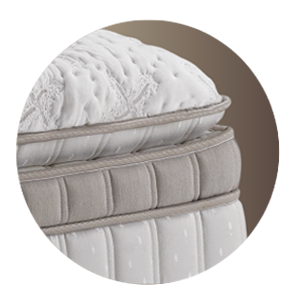
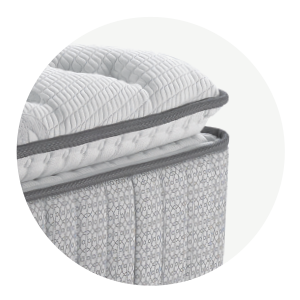
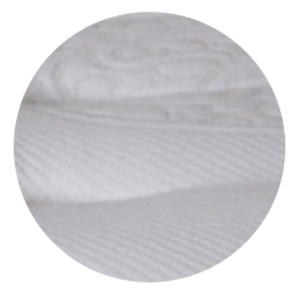
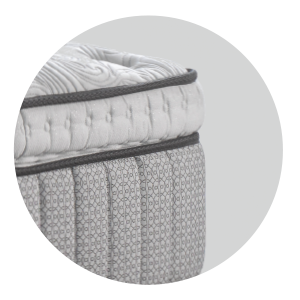
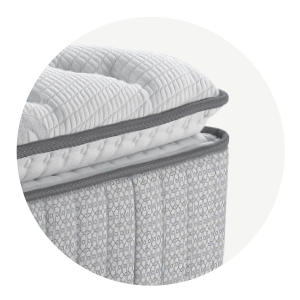

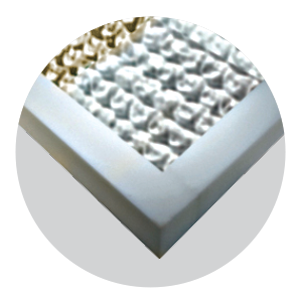
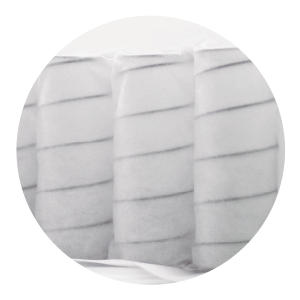

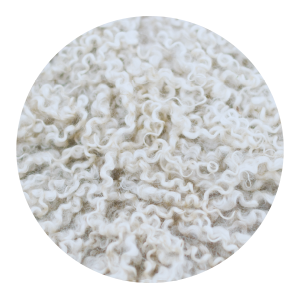
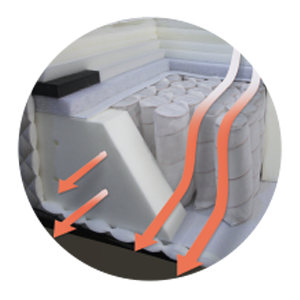

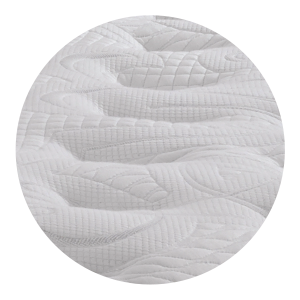
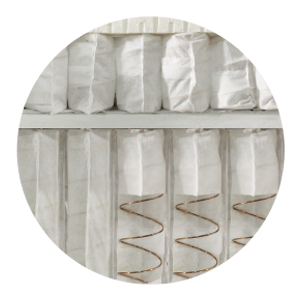
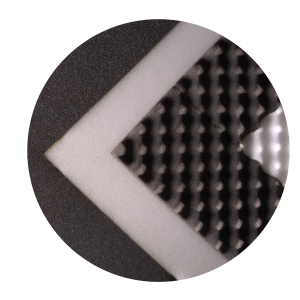


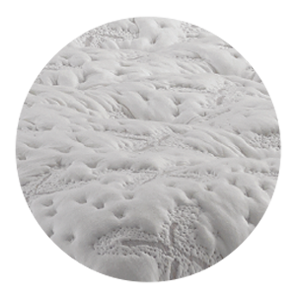

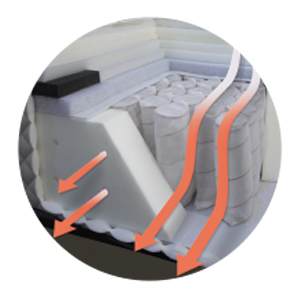
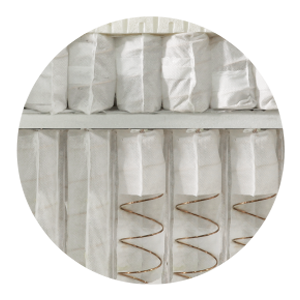
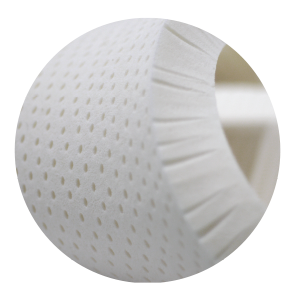
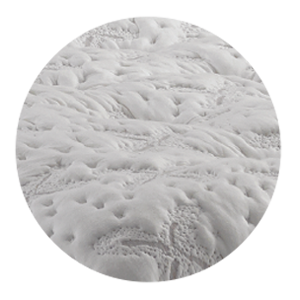
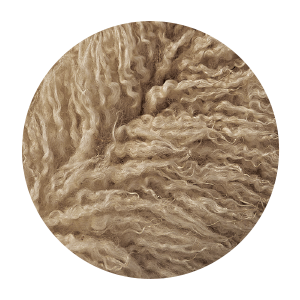
0 Comments